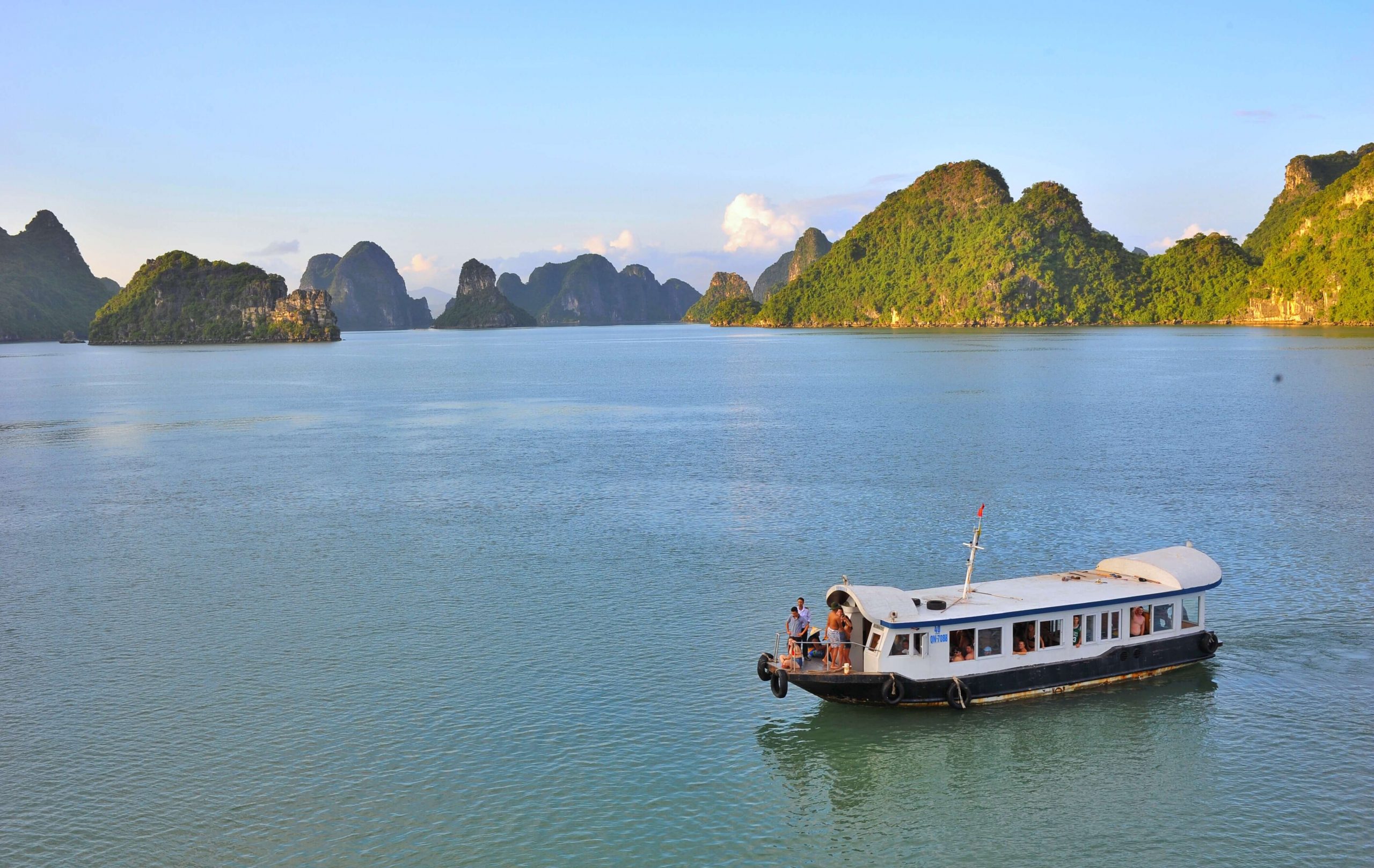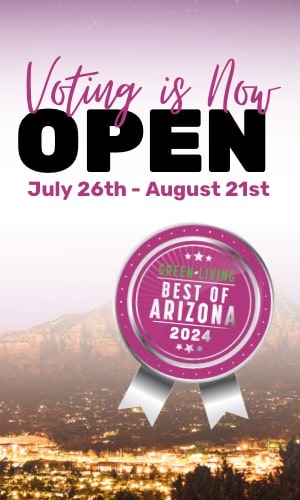Tips for American visitors
By Kim Pham and Dr. Mark Morgan
The last American troops left Vietnam 45 years ago. With the war over, the healing process moved forward quickly, especially since the U.S. government lifted the trade embargo in 1994. Nowadays, Vietnam is one of the fastest-growing economies in the world.
The country is also a popular tourist destination that welcomes millions of international visitors each year. Vietnam is often ranked among the best places for travel and tourism, according to websites such as TripAdvisor and Lonely Planet.
Vietnam has something for everybody: stunning natural landscapes, historical features, a vibrant mix of traditional and modern culture, affordable goods and services, and plenty of hospitality.
The Old Quarter of Hanoi showcases the hustle and bustle of local life with many restaurants, cafés, shops, and street vendors. Ha Long Bay is dotted with more than 1,600 islands and islets where tourists can take an overnight cruise to view stunning scenery.
Varying ethnicities
The northern mountainous destinations such as Sapa and Ha Giang feature terraced rice fields that are maintained by various ethnicities. These are great places for hiking and the best places to experience a homestay with a local family.
Beautiful beaches in the central and southern parts are ideal for swimming, snorkeling, and diving.
The ancient cities of Hue and Hoi An are ideal for visitors who enjoy history. Many places offer rural experiences for tourists to fish or harvest crops with local farmers. Ho Chi Minh City, the largest city in Vietnam, often amazes tourists with its dynamic and modern lifestyle.
The number of American visitors to Vietnam has increased during the past decade. According to the Vietnam National Administration of Tourism, the country welcomed more than 900,000 American tourists in 2019. Yet, some Americans wonder how they will be treated in Vietnam, and if there are lingering hostilities associated with the war. Via an online travel form, a group of American visitors and expatriates were asked about their experience in Vietnam. They said that Vietnam was a dynamic country where people concentrate on the present and future, and that, “Americans should not experience any xenophobia. Overall, the country is very warm and friendly!”
Traveling to Vietnam as an American
As an American, you need not worry about your nationality when traveling to Vietnam. However, there are tips about local culture that you should pay attention to during your trip. Additionally, there are social and sustainable issues in the country that you can help to improve by minding your traveling behaviors. Here are some travel tips.
• Do not be surprised if a local person asks to take a photo with you. It is a gesture of friendliness and hospitality. If you want to take photos of locals, ask for their permission.
• Be discreet about showing affection in public.
• Support the local economy by using local tour services and consuming local products. A unique experience that tourists can find in Vietnam is to get their clothes tailored at one of the local shops.
• Be aware that prices of goods and services are not fixed at many shops or local markets. Also, there is a price difference for local people and foreign tourists. Do not hesitate to bargain. It can be frustrating but it is a part of the local culture.
• Spare some time to help a local to practice English if you are approached. Local people do not have many chances to speak English with native speakers.
• Avoid eating food made from wild animals, especially endangered species. Vietnamese people, like its neighboring countries in Southeast Asia, have a taste for
wild meat. Food from porcupines, snakes, or rats can be found in many local restaurants. Though it might add the thrill of experience for curious travelers, the practice can promote illegal hunting of wild animals.
• Similarly, avoid buying products and souvenirs made from wild animals, such as turtle shells, elephant tusks, or skins from wild animals.
• Although Vietnam is developing quickly, many areas are still struggling. You can help the local people. A simple gesture is to donate books and toys for children at
schools in rural areas.
• Vietnam is a food paradise. Be open to trying different local foods and beverages such as pho (noodle soup), banh mi (Vietnamese sandwich), Vietnamese pancakes, egg coffee, and local beer. Many foods are sold on the streets, but if you are concerned about hygiene, try the ones that you can see being made.
• In Vietnam, you can easily find what looks like a Louis Vuitton bag or a Rolex wristwatch for less than $100. Refrain from purchasing these counterfeit products. The problem of counterfeiting is widespread in the country. By saying no to those products, you are making fair trade possible.
• Lastly, smile and expect many smiles from local people, because Vietnam is a friendly country! Enjoy your trip!
Keep up with all of Green Living’s content by visiting our website.
Kim Pham is a Vietnamese Ph.D. candidate and a research assistant at the Center for Sustainable Tourism, Arizona State University. Pham worked for different travel companies in Vietnam before graduate school.
Dr. Mark Morgan is an associate professor at University of Missouri-Columbia. In 2010, he was a Fulbright scholar at Vietnam National University in Hanoi and has been involved in several tourism programs across the country.








